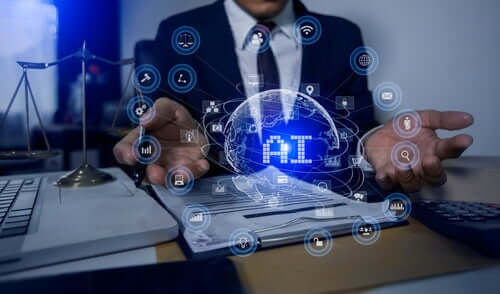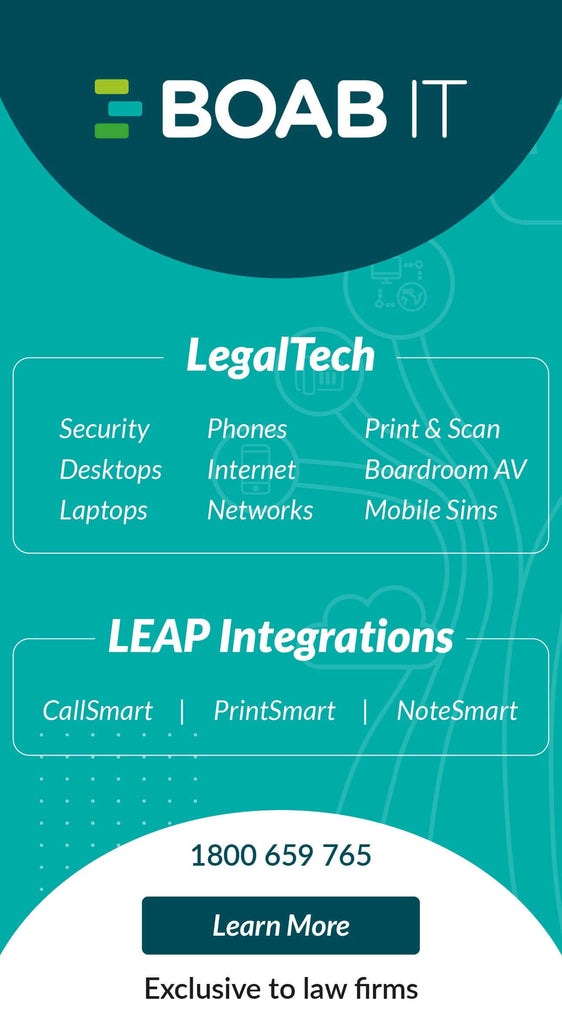
AI in Legal: Enhancing eDiscovery with ChatGPT
Electronic Discovery or Disclosure (eDiscovery/eDisclosure) has become an essential component of contemporary legal procedures. With the continuous expansion of the digital landscape, legal professionals are confronted with substantial quantities of electronic data. In this era of information abundance, artificial intelligence (AI) presents itself as a valuable partner for expediting and strengthening the eDiscovery procedure. Among the array of AI tools available, ChatGPT stands out as a versatile and intelligent solution, well-positioned to transform eDiscovery processes.
This article delves into how ChatGPT can significantly enhance eDiscovery, ultimately improving efficiency and effectiveness in this crucial realm.
Unveiling the Essence of eDiscovery
The term eDiscovery encompasses the procedures of gathering, safeguarding, examining, and furnishing electronic data in reaction to legal enquiries, inquiries, or legal actions. This encompasses a broad spectrum of digital information, including emails, files, databases, content from social media, and other digital data sources. The considerable quantity and variety of electronically stored information (ESI) often render eDiscovery a challenging endeavour for legal professionals. This is precisely where the significance of AI and natural language processing (NLP) technologies like ChatGPT becomes evident.
Real-World Triumphs: ChatGPT in Action
The potential of AI in the legal industry isn't merely theoretical; it's swiftly becoming a global reality. Prominent law firms in the UK, such as Allen & Overy, have introduced their AI-powered legal chatbot named Harvey. Harvey's ability to communicate in multiple languages has revolutionised tasks like contract analysis and adherence to regulatory requirements. In testing, Harvey successfully responded to 40,000 queries from 3,500 lawyers, producing impressive outcomes.
Across the Atlantic, a design agency managed to recover $109,000 from a client who had disappeared using ChatGPT, thus avoiding the need for legal fees altogether. This AI system has even demonstrated exceptional performance in law school exams and the multiple-choice section of the US bar exam.
In Colombia, a judge openly acknowledged consulting ChatGPT to assist in reaching a verdict regarding insurance coverage for a child's medical treatment. This serves as a clear example of AI's real-world impact on legal decision-making. These tangible applications of generative AI are reshaping the legal landscape and sparking discussions about the future of the legal profession in an AI-driven world.
How ChatGPT Enhances the eDiscovery Process
Leading legal technology companies are swiftly incorporating this innovative approach to enhance their eDiscovery procedures. Here is a glimpse of how ChatGPT can transform your eDiscovery experience:
- Data Triage and Prioritization: ChatGPT can expedite the initial stages of eDiscovery by automatically categorising and prioritising unstructured data. By examining document content, metadata, and keywords, ChatGPT identifies relevant documents, streamlining data management.
- Legal Research: Legal professionals often invest a significant amount of time in research to bolster their cases. ChatGPT can efficiently navigate vast volumes of legal literature, statutes, case law, and academic materials to provide pertinent insights and summaries. This accelerates the research process, ensuring lawyers have access to comprehensive information as they build their cases.
- Document Summarization: The review of lengthy documents and contracts is a time-intensive task in eDiscovery. ChatGPT can generate concise and coherent summaries of these documents, highlighting key points, clauses, and potential issues. This not only saves time but also guarantees that critical information receives due attention.
- Predictive Coding: Predictive coding is a machine learning technique used in eDiscovery that prioritises documents for review. ChatGPT can be trained using historical case data to predict which documents are likely to be relevant, significantly reducing the manual review workload and associated costs.
- ESI Review and Analysis: ChatGPT can assist in the examination and analysis of electronically stored information (ESI) by identifying patterns, anomalies, and relationships within the data. It can also provide intelligent insights into the context of conversations, facilitating a better understanding of the significance of specific communications.
- Legal Document Generation: Beyond analysis, ChatGPT can aid in the creation of legal documents, including contracts, pleadings, and briefs. By automating document generation, legal teams can save time and mitigate the risk of errors.
Incorporating ChatGPT into the eDiscovery process offers substantial advantages, enhancing efficiency and precision and positioning it as a valuable tool for legal professionals seeking to streamline their eDiscovery workflows.
Transformative Shift in the Legal Landscape
A recent survey conducted by Thomson Reuters among law firm attorneys indicates a growing acceptance of ChatGPT and generative AI within the legal industry. A significant 82% of respondents believe that these technologies can be effectively applied, with 51% actively advocating for their adoption.
The importance of eDiscovery in contemporary legal practice cannot be emphasised enough. The integration of AI technologies like ChatGPT into this process offers substantial advantages, significantly improving efficiency and precision. ChatGPT's capabilities span a wide range of tasks, encompassing data categorisation, legal research, document summarisation, predictive coding, ESI review, and document generation, making it an invaluable tool for legal professionals seeking to streamline their eDiscovery processes.
As the legal industry continues its embrace of AI, ChatGPT's role in enhancing eDiscovery is poised for further expansion, fundamentally reshaping how electronic data is managed and utilised in legal proceedings and investigative endeavours. The undeniable potential for ChatGPT to revolutionise the operational practices of legal teams in this digital age is a compelling prospect.
Author: Varun Bhatia, Co-Founder of 3NServe.

Also read top viewed Ai Legal article: The Role of AI in Legal Research.
Subscribe to the Legal Practice Intelligence fortnightly eBulletin. Follow the links to access more articles related to the business of law and legal technology.
Disclaimer: The views and opinions expressed in this article do not necessarily reflect the official policy or position of Novum Learning or Legal Practice Intelligence (LPI). While every attempt has been made to ensure that the information in this article has been obtained from reliable sources, neither Novum Learning or LPI nor the author is responsible for any errors or omissions, or for the results obtained from the use of this information, as the content published here is for information purposes only. The article does not constitute a comprehensive or complete statement of the matters discussed or the law relating thereto and does not constitute professional and/or financial advice.





